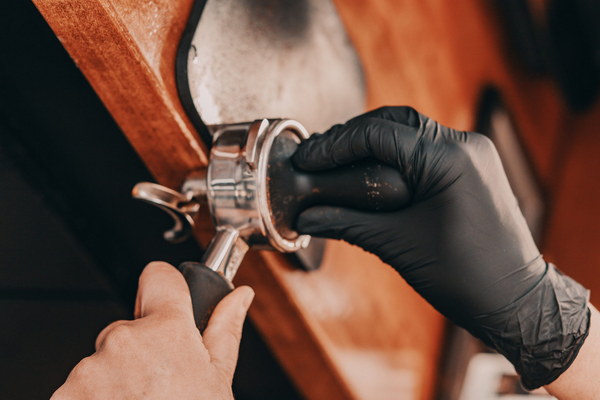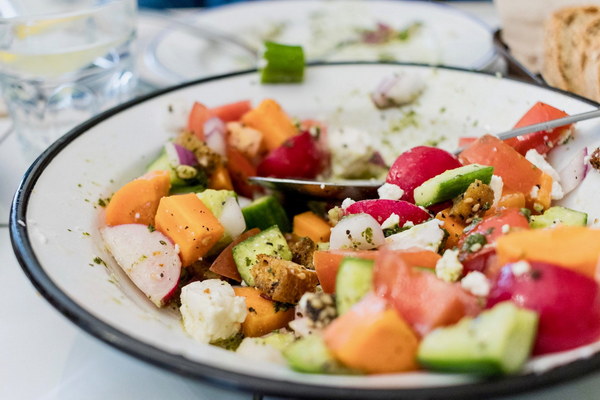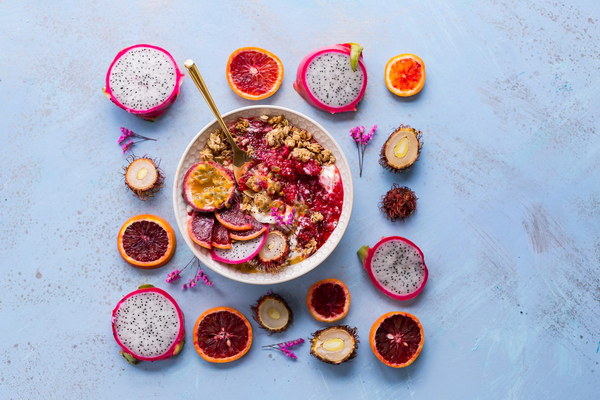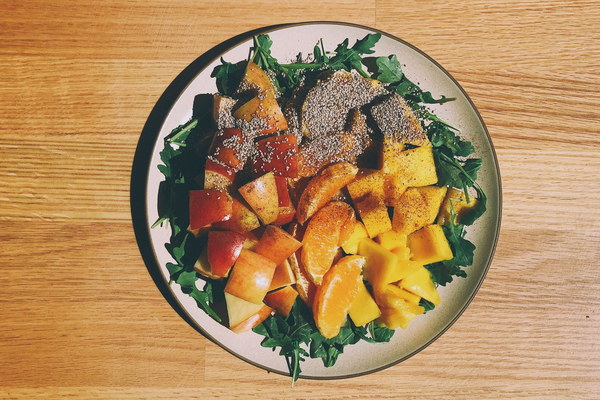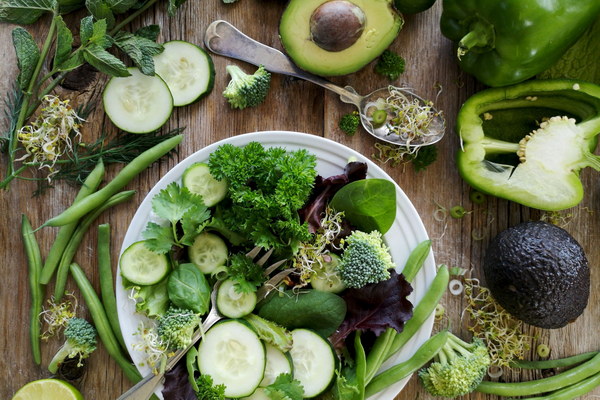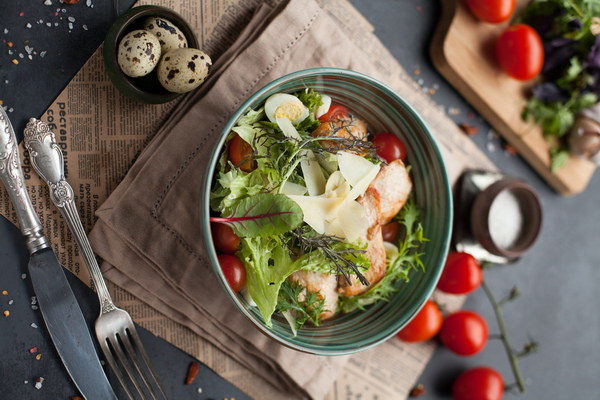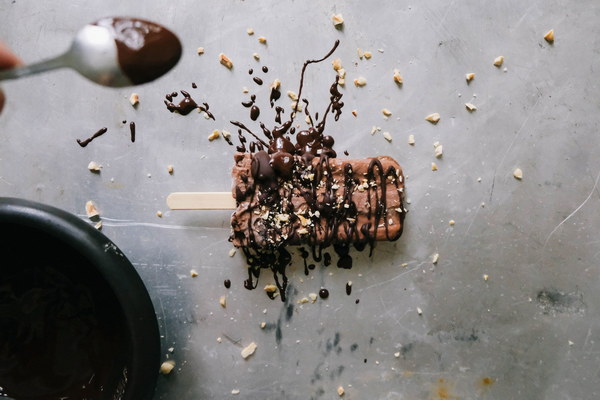Revitalize Your Health Effective Iron-Rich Diet Tips for Women Suffering from Anemia
Anemia is a common condition that affects millions of women worldwide, often due to iron deficiency. This condition can lead to a range of symptoms, including fatigue, weakness, and shortness of breath. The good news is that with the right diet and lifestyle adjustments, you can effectively combat anemia and restore your energy levels. Here’s a comprehensive guide to help you fortify your health and combat iron deficiency.
Understanding Anemia and Iron Deficiency
Before diving into the dietary strategies, it’s important to understand what anemia is and why iron is crucial for its prevention and treatment.
Anemia occurs when your blood lacks adequate healthy red blood cells, which are responsible for carrying oxygen to your body’s tissues. Iron is a key component in the production of hemoglobin, the protein in red blood cells that binds to oxygen.
Dietary Tips for Iron-Rich Foods
1. Incorporate Iron-Rich Foods:
- Meat and Seafood: Lean red meat, chicken, turkey, and fish are excellent sources of heme iron, which is more easily absorbed by the body.
- Poultry: Dark meat from chicken and turkey contains more iron than white meat.
- Seafood: Clams, mussels, and oysters are also rich in heme iron.
- Vegetarian Sources: Tofu, lentils, chickpeas, and beans are good sources of non-heme iron, which is less absorbable but can still be beneficial when combined with vitamin C-rich foods.
2. Vitamin C-Rich Foods:
- Vitamin C enhances iron absorption. Include citrus fruits, strawberries, bell peppers, tomatoes, and leafy greens in your diet to maximize iron absorption.
3. Calcium-Rich Foods:
- While calcium is essential for bone health, it can interfere with iron absorption. Limit calcium-rich foods, such as milk, cheese, and yogurt, to meals when you’re not consuming iron-rich foods.
4. Cooking Methods:
- Use iron pots and pans to cook iron-rich foods, as they can leach iron into the food.
- Stir-fry or sauté iron-rich vegetables in a small amount of oil to help your body absorb the iron.
Lifestyle Adjustments for Enhanced Iron Absorption
1. Avoid Iron Blockers:

- Coffee, tea, and calcium-rich foods can inhibit iron absorption. It’s best to consume these after meals when iron absorption is less critical.
2. Regular Blood Tests:
- Keep in touch with your healthcare provider for regular blood tests to monitor your iron levels and ensure you’re on the right track.
3. Supplements:
- If dietary changes aren’t sufficient, consider iron supplements. However, always consult with a healthcare professional before starting any supplement regimen.
Additional Strategies
1. Hydration:
- Staying well-hydrated is essential for overall health and can aid in the absorption of iron.
2. Regular Exercise:
- Engaging in regular exercise can help improve your body’s iron levels by promoting the production of red blood cells.
3. Rest:
- Ensure you get enough rest, as fatigue can exacerbate the symptoms of anemia.
By incorporating these strategies into your daily routine, you can effectively address iron deficiency and combat anemia. Remember, it’s essential to maintain a balanced diet and consult with a healthcare provider to tailor your approach to your specific needs. With patience and persistence, you can revitalize your health and enjoy a renewed sense of energy and vitality.

